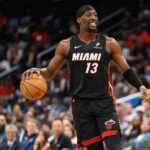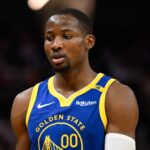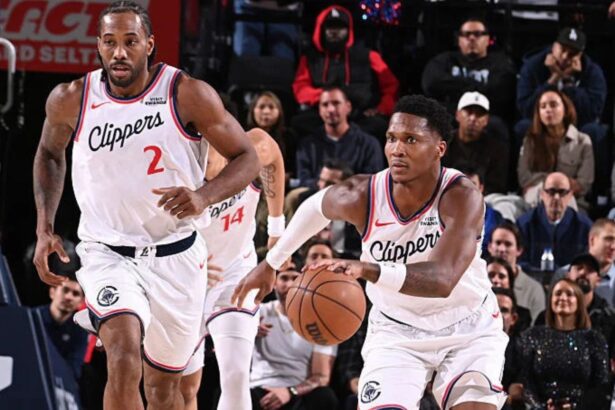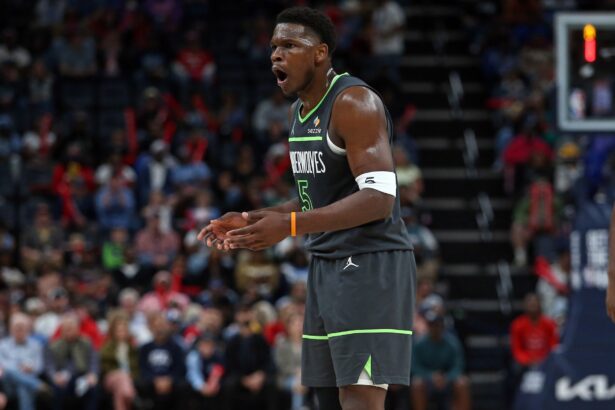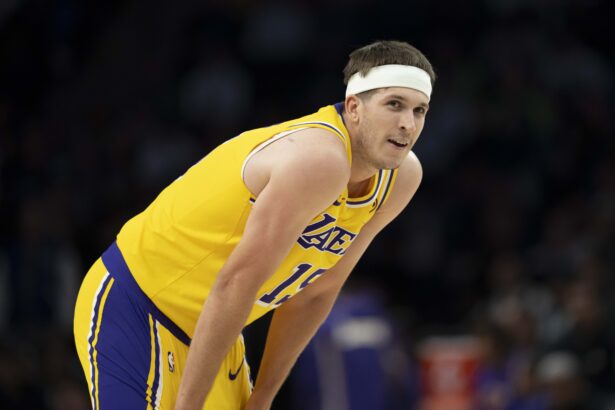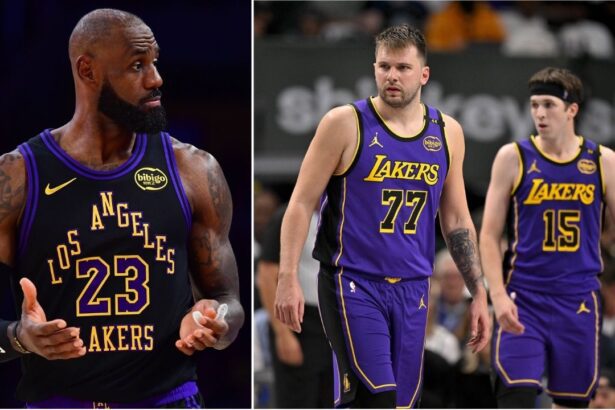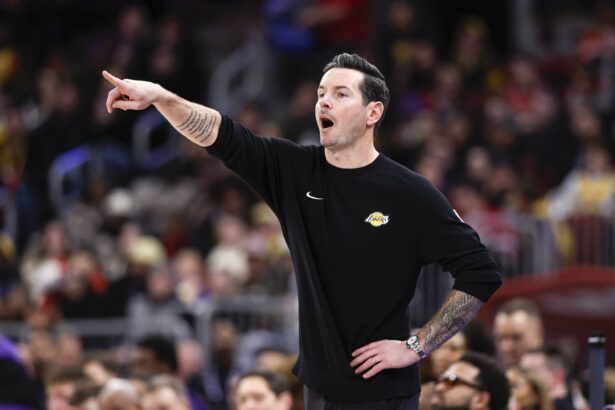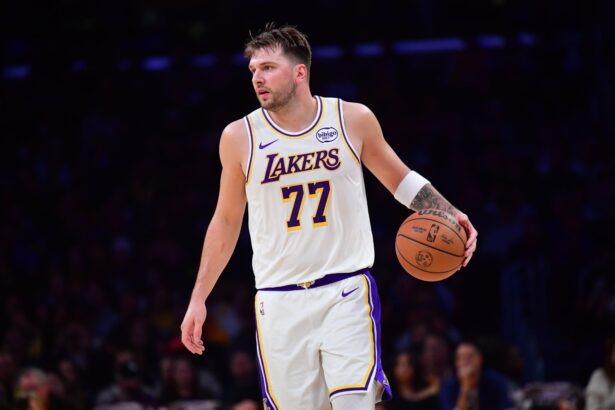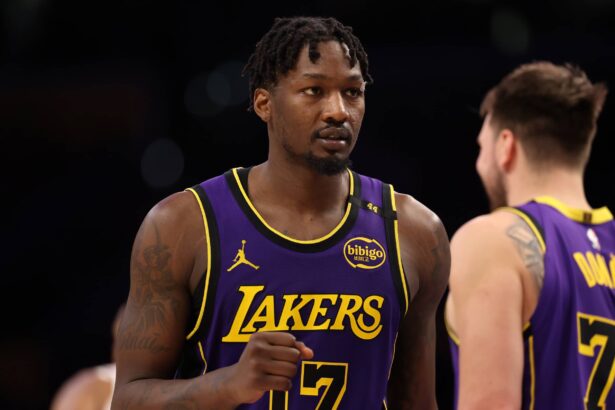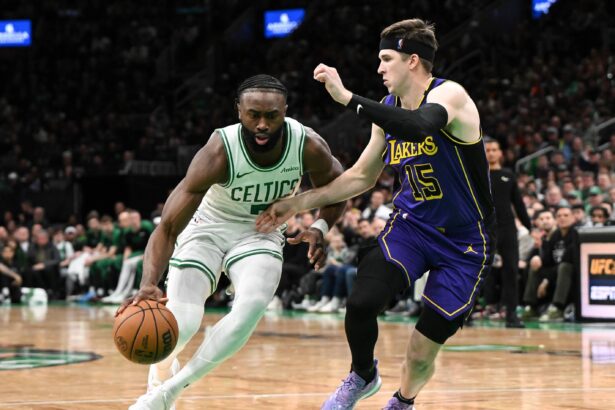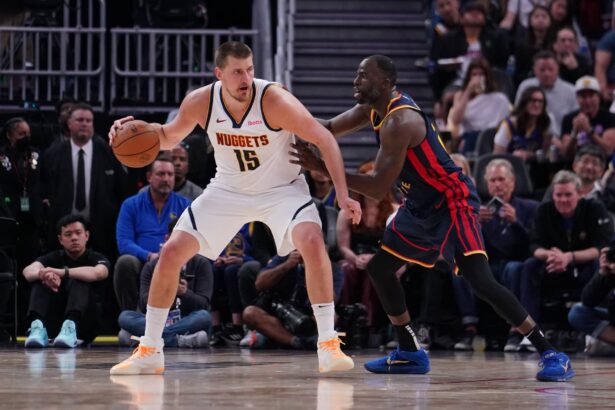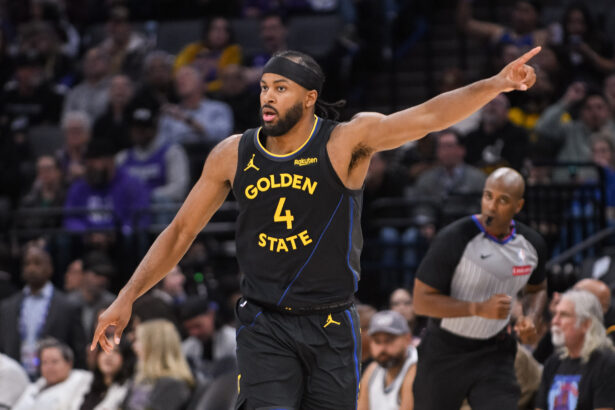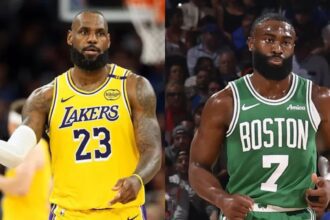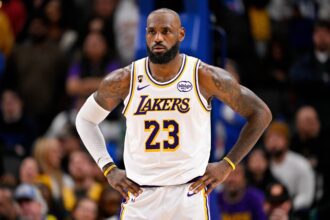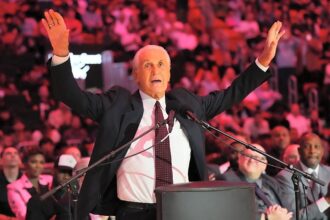On a recent episode of No Chill Gil, Gilbert Arenas dropped what he called a “nugget” for Kobe Bryant fans, and it’s one that reshapes how we look at the early 2000s Lakers dynasty.
According to Arenas, the infamous “sidekick” narrative that shadowed Bryant during the Lakers’ three-peat wasn’t birthed inside the Lakers locker room or by fans watching Shaquille O’Neal dominate. Instead, he claims it was driven by something or someone, bigger: Michael Jordan.
“Man, I didn’t even want to touch this. I’ma just give y’all something. This is a nugget for you new Kobe fans, so you can see who the real enemy of ring culture was.”
“The Bulls won three championships and Jordan retired in ’98, right? Three rings in a row. Then there was one year in between, and the Spurs won that. Phil Jackson comes back and joins the Lakers.”
“The next shooting guard to go three in a row? Kobe Bryant. Now here’s what the f**k everybody missed. And this is why people didn’t understand why Kobe was being called a ‘sidekick.'”
“Why was he being called that? Because no one realized who the f**k had just come back into the league at that moment: Michael Jordan. Jordan was still in the NBA.”
“All those NBA Jordan lovers, NBC, the media, all of them, they were not trying to hear anything about Kobe being the next Michael Jordan while Michael Jordan was still playing basketball. They weren’t having it. So what did they do? They started the ‘Kobe is a sidekick’ campaign. ‘This is Shaq’s team.'”
“They pushed that narrative in real time. They separated them. That wasn’t coming from inside the Lakers. That was Jordan-loving media who couldn’t stand to see someone else ascending, because Kobe was only 22 with three rings, and he was just entering his prime while Shaq was in his”.
“They were about to go four, five, and six rings together. And that scared people. So the narrative was born: Kobe is the sidekick. And that s**t stuck. Before that? No one had ever discredited a ring because someone was a ‘number two option.'”
“That wasn’t even a concept. Magic Johnson used to say, ‘I got five golds, three silvers.’ He was proud of it. Getting to the Finals meant something. Nobody laughed at number twos. That all changed when Kobe started winning. And it changed again when LeBron started losing in the Finals.”
“Suddenly, being in the Finals wasn’t enough, you had to win it all or be called a loser. So ask yourself: Why did this never happen with Kareem? Why was Kareem never in GOAT conversations despite six rings and six MVPs? Because the Jordan media machine already decided.”
“They said, ‘It’s Jordan. F**k Magic, f**k Bird, and forget Kareem.’ There was no ring culture before 1998. That’s why Kareem fans are still confused today. Why didn’t Kareem get penalized for playing with Magic? Why weren’t those sidekick rings questioned?”
“Because the rules only changed once Kobe started winning and again once LeBron started losing. Same group. Same tricks. Changing the rules to control the narrative. And y’all keep falling for it.”
Arenas argues that the media’s obsession with Jordan played a key role in undermining Kobe’s contributions during the Lakers’ championship run from 2000 to 2002.
When Jordan returned in 2001 to play for the Washington Wizards, it wasn’t just about a 38-year-old legend attempting a comeback. To Arenas, it was about control, control over the narrative, control over the throne, and control over who could be considered “the next Jordan.”
That push had consequences. Despite Kobe’s playoff heroics, clutch performances, fearless scoring, and lockdown defense, he was often labeled as merely Shaq’s understudy. The perception stuck, even as Kobe grew into one of the most dominant players in the NBA.
Arenas points out that this was a new concept in NBA culture. Before Kobe, nobody discredited a player for being the “number two option.” Magic Johnson famously called his runner-up finishes “silver medals” and celebrated them. Kareem Abdul-Jabbar wasn’t diminished for winning alongside Magic. So why was Kobe?
That’s where Arenas lands his most damning claim: the rules changed because the Jordan-driven media machine couldn’t stomach the idea of someone ascending before Michael had officially exited the spotlight.
In his view, Kobe wasn’t a sidekick, he was a victim of timing. He rose just a few years too early, while Jordan was still in the league and the media was still clinging to a myth. By the time the dust settled, the “sidekick” label had stuck like glue, despite the fact that Kobe would go on to win two more titles without Shaq, proving he was anything but secondary.
It’s a fiery take from Arenas, but one that rings true for many diehard Kobe fans.




